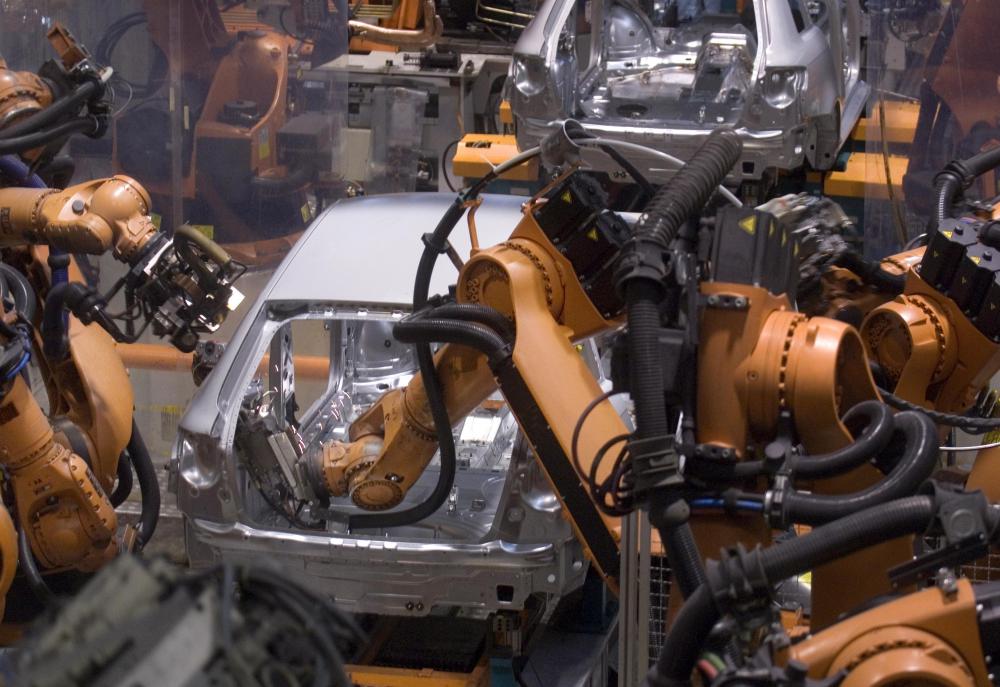At WiseGEEK, we're committed to delivering accurate, trustworthy information. Our expert-authored content is rigorously fact-checked and sourced from credible authorities. Discover how we uphold the highest standards in providing you with reliable knowledge.
What is Depreciation Cost?
Depreciation cost is a term used to account for the loss of value in an item over time. There are four methods of depreciation that are approved for use under the generally accepted accounting principles or GAAP. The most commonly used methods are straight-line depreciation, declining balance and percentage of use.
The depreciation cost must be listed as a separate item on the company’s financial statements. The method of calculation will provided in the notes to the financial statement. If the method used is changed, this must be clearly noted in the notes, as it has a significant impact on the financial statements.

There are two costs for a fixed asset: purchase price or book value and the adjusted or depreciated cost. The purchase price is the amount of the original equipment cost. This is used as the dollar value of the equipment. However, it is necessary to adjust this value to indicate the amount that could actually be realized if the equipment was to be sold. This is the depreciated or adjusted value.

A common example of depreciation cost is the difference in value between a new car and a used car. The new car value is the purchase price. However, as soon as it is used, the value drops to a lower value, based on the distance traveled or usage of the vehicle. The difference between these two values is the deprecation cost. In accounting, this difference must be calculated and applied equally to all assets.
Under straight-line depreciation, the annual value of depreciation is the total cost of the item divided by the estimated useful life. The same value is used each year. At the end of the useful life of the unit, the asset has a value of zero. The unit may continue to be used, but it is not listed as an asset on the financial statements.
Declining balance depreciation uses a higher rate of depreciation in the first year. The calculation used is the depreciation rate multiplied by the purchase price or book value of the item at the start of the fiscal year. The depreciation rate used is based on the class of asset and the generally accepted rate. A common source for this rate is the depreciation guidelines used for the purposes of income tax.
Percentage of use method of calculated the depreciation cost takes the purchase price of the asset and multiplies it by a factor of the percentage of use. This value can be based on number of units produced, distance traveled or hours of operation. The value of the asset decreases as it is used, until the maximum usage value is reached. At this point, the value of the asset is zero.
AS FEATURED ON:
AS FEATURED ON:












Discussion Comments
The Kelly Blue Book is a company dedicated to showing the value of a new or used vehicle.
Founded by Leslie Kelly and originally called Kelly Kar Company, the Kelly Blue Book has become the standard for determining car trade in value.
The Kelly Blue Book reports to the general public information on a car's MSRP (manufacturer's suggested retail price), the dealer's invoice price, and the car's new price value. KBB also reports what others are paying for the same car that week.
The Kelly Blue Book has it's own website now which makes it more accessible to the consumer.
Post your comments